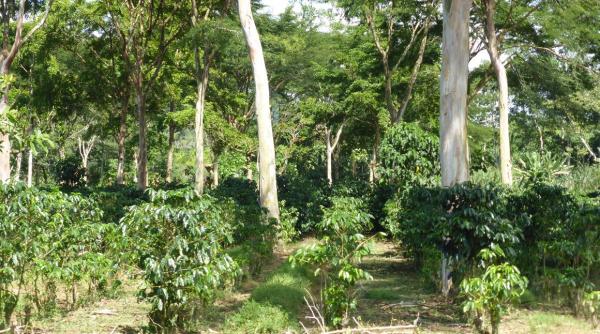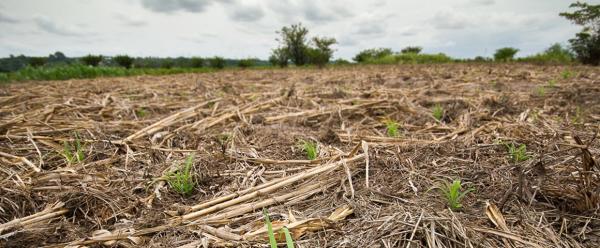Call to action 16 April 2025
- Home
- Press area
- Press releases
- health global wellbeing humans animals environment
One Health: integrating ecosystem health to boost operational potential

The One Health approach is characterized by interdisciplinary, intersectoral efforts and coordination on different operational levels. The Covid-19 crisis has shown that in addition to doctors, health also concerns veterinarians, ecologists, epidemiologists, economists and sociologists, as well as farmers, livestock breeders, decision-makers and citizens.
Integrating the environment into governance bodies
Within the United Nations, the World Health Organization (WHO), the Food and Agriculture Organization of the United Nations (FAO) and the World Organisation for Animal Health (OIE) share a vision of the One Health approach at the “human-animal-ecosystem” interfaces. According to Michel de Garine-Wichatitsky, lead author of the article published in The Lancet Planetary Health , this group is not balanced, however.
“The fact that the United Nations does not associate with the WHO, OIE and FAO any specialized UN agency for biodiversity or environment creates an imbalance ”, explains the ecologist and veterinarian. “Public health, agriculture and animal health are important aspects of One Health, but are not enough to understand the linkages with ecosystems, and do not mobilize all the expertise required to prevent the emergence and spread of diseases in the long term ”.
The researchers thus propose including the United Nations Environment Programme (UNEP) in this group. “It is important to integrate the notion of environment into these global governance bodies ”, insists Michel de Garine-Wichatitsky. “Formally incorporating the importance of ecosystem health in the highest echelons of decision-making will boost the operational potential of One Health methods ”.
Improving the articulation between local and global levels
To improve the governance of health systems, it is important to adapt it to the many differences in scales, between the ecosystem, the territory, the nation, and even the planet.
“The transfer of information and decisions between the local and global levels must be improved ”, says the researcher. “Disease outbreaks are reported at the local level, but their spread can impact the whole world, as we have seen with the Covid-19 crisis. At present, systems are too often centralized and are not always effective in ensuring the early detection and control of an epidemic and avoiding its spread. It is now necessary to develop bottom-up transfers, by adopting more participatory modes of governance ”. This means involving communities, NGOs and public and private bodies in the process.
Defining “health” together
With the One Health movement, it is becoming clear that the concept of “health” does not necessarily mean the same thing to all actors in a given territory.
With this in mind, new research is being conducted. The goal is to better define the challenges of “health” according to these different actors – for an environmental manager, a farmer, a veterinarian or a doctor – and to collectively draw shared indicators from these in order to diagnose and improve the health of a territory.
“Health is also a social construct that must be negotiated ”, says Michel de Garine-Wichatitsky. “I believe this is the key to solving today’s health and environmental problems ”.
One Health, a concept officially launched in 2008The One Health concept was initially adopted by the leading health agencies to promote interdisciplinary collaborations between researchers and practitioners in the fields of human and animal health. The One Health approach was officially launched by the United Nations in 2008 in Vietnam. Gradually, the social and environmental sciences have joined the approach, especially through ecosystem approaches to health (Ecohealth, planetary health), which adopt a transdisciplinary action research position. These different currents now converge with sustainability sciences, which focus in particular on the issue of resilience. ReferencesOne Health and EcoHealth: the same wine in different bottles? |
Reference
Michel de Garine-Wichatitsky, Aurélie Binot, Serge Morand, Richard Kock, François Roger, Bruce A. Wilcox, Alexandre Caron, Will Covid-19 crisis trigger One Health coming-of-age? Lancet Planetary Health



























